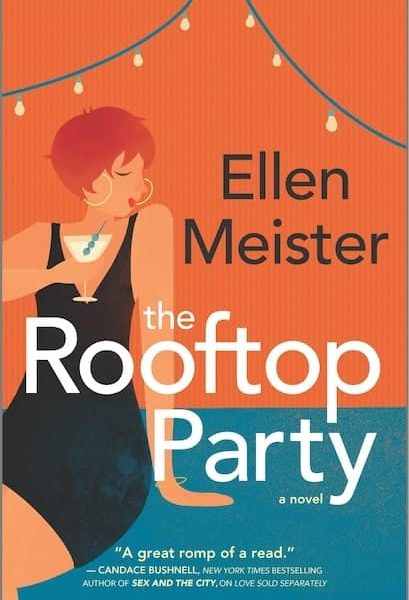
Soy milk invaded my childhood at age 6 and not because I particularly preferred it. Rather my mom bought it, packed it in the fridge, and drank it. And because I adored and mimicked my mom, I drank soy milk with enthusiasm.
This past Tuesday, thoughts of soy milk and my mother came to mind as I attended Michelle Obama's White House kick-off of "Let's Move," her multi-year, multi-agency, and era-changing plan to fight childhood obesity in America.
It was my first time inside the White House and as soon as Michelle Obama walked out confident and beautiful, I realized that she could tell America to eat turnips and flax seed every morning and night and a good portion of people would follow suit.
Michelle Obama has that stunning package of qualities that my mother has. Fearless, authoritative, and caring, the mother-of-two and Harvard-trained lawyer can command many children and adults to follow her quest just by suggesting them. And like my mother, Michelle appears to walk on water.
Now, I believe it is that power for women and mothers to be role models that I think will amplify the goals of Obama's movement aimed to reverse the fact that young people, due to obesity-related disorders, might have a shorter life-span than their parents. A focus on women and mothers could turn Obama's national fitness movement into a penetrating cultural, psychological mandate.
Right now, Michelle Obama's plan combines major thrusts: moves to provide front-of-package nutrition labeling on food products and the elimination of food deserts in neighborhoods with no grocery stories; a policy to increase healthy meals in public schools; marketing and tools to spur athleticism in children and wellness decisions in families; and billions towards these goals over the next 10 years. Her vision, fortified by private and public support, is both necessary and impressive.
In addition, child's health foundations will come together to fund the Partnership for a Healthier America, which is a non-partisan convener of sectors and agencies supporting solving childhood obesity in 30 years. And President Barack Obama signed a Presidential Memorandum to launch the first Task Force for Childhood Obesity to review and create countrywide plans to employ federal resources to improve child nutrition and exercise.
Imploring Americans to read about what they eat, talk health with their circles, and see health as a self-esteem issue, Michelle Obama's plan is simply epic, a practical movement that could change everything.
Yet one thing I noticed about Michelle Obama's informative and passionate literature about the plan is that the words families and parents are preferred over women and mothers. It appears state and social forces will usher in this very crucial movement, when in fact, women and children are the exact linchpin. Many people like me, even with two active parents, draw a direct line of my eating and lifestyle experiences to my mother. While my father influenced my eating habits, healthy food practices were often implemented by my mother. Fathers can regulate the diet of children, but can they manage the lifestyle of mothers?
Still now, I don't understand the mechanism of vegetables and I can't explain the chemistry of pure hair oils. But I know that when I cook greens in too much oil, they don't taste as good as my mother's, and when I use olive oil on my hair instead of synthetic creams, my hair becomes shiny, beautiful, and strong as my mother's.
This relationship works in reverse. Four out of five African American women are obese, making us the most obese group of Americans. And the CDC finds that maternal pre-pregnancy obesity is associated with childhood obesity. Some of this explains why African American children between ages 6 and 17 are 1.3 times as likely to be overweight as their white peers and are at greater risk of diabetes, asthma and heart disease. A lot of the problem is, mother see, child do. Michelle Obama's campaign has the chance to embrace and nurture mothers in a huge, phenomenal way.
For years my mom was soy-minded, making as many trips to mainstream grocery stores as small health food shops. Her bookshelves were lined with alternative healthy living literature. When she was going to make a big change in her life, she meditated on it. And when she went vegetarian, she invited her children to join along.
Throughout the years, I adopted these habits, and not because I was a health guru like my mother, but because I absorbed them as a result of admiring my mother, my role model since the womb. Now I have a health propensity without thinking about it. And, some things are just wired. No matter where I am in the world, if I have even a cold, I call my mom first. How maternal health emerges in this vast obesity fight will be amazing to watch, and necessary to see.


